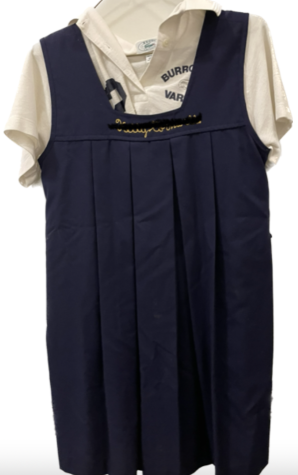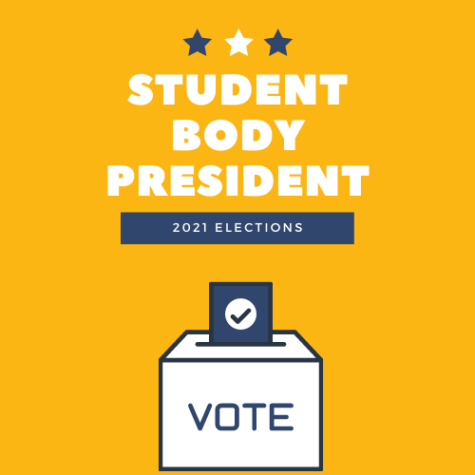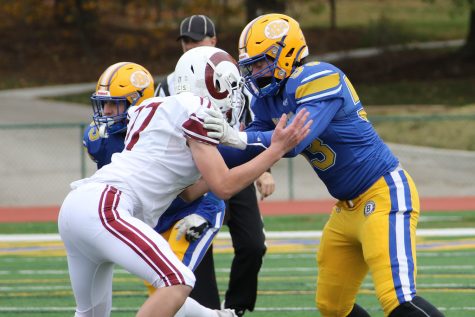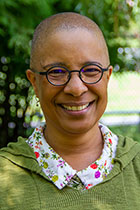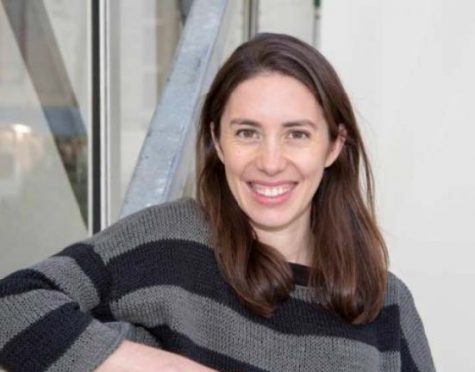An Interview with Kate Jennison ’06, Last Female SBP
June 5, 2018
Kate Jennison ‘06 was the first, last, and (likely) only Burroughs student body president to ride into Field Day festivities on a white horse. She is also the last female student body president at Burroughs—in the years since she graduated in 2006, no female student has been elected to that role.
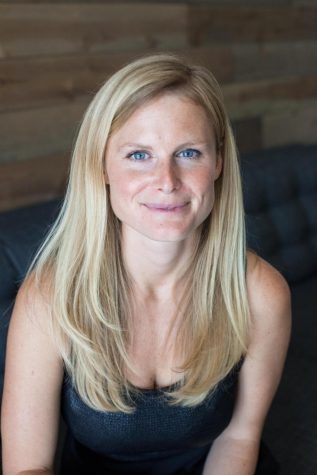
As a follow-up to our recently published article, which examined the death of female students in elected leadership, The World spoke with Jennison.
Since graduating from Burroughs and then the University of North Carolina in 2010, Jennison has spent much of her time contemplating the issues of leadership. After college, she joined the Apple Store Leader program, which aims to cultivate leadership among college graduates; from there, she moved to Sydney, Australia to work with Apple as a People Leader involved in Human Resources, Learning, and Development. Currently, she resides in San Francisco and, after serving as Director of People at Tilt.com, works in the Employee Experience department at Airbnb, where she guides a leadership and mentorship initiative. In addition, she is a coach and facilitator for Reboot, a company that offers services to improve professional and personal leadership development.
The development and cultivation of leadership is Jennison’s main occupational concern, and she finds her title as the most recent female student body president “disappointing” primarily because the absence of female leadership limits the community’s abilities. She remembers Burroughs Congress positions as “an opportunity to cultivate community and connection across the student body… with the responsibility to create and ground us in our values.” She explains that, without female leaders, there exists “a whole portion of the student body that we’re not harnessing their energy and perspectives.”
Of this lack, Jennison urges the administration to consider ways that they can help address this problem. In particular, she suggests they explore how they can improve the processes leading up to elections and the elections themselves to ensure that women are represented.
She calls for the administration to take steps, “On a systems level, my instinct is to have some requirements for the elections [because] this can’t continue.” She recommends implementing a candidacy requirement modeled after the NFL’s Rooney Rule. The Rooney Rule mandates that every NFL team must interview ethnic-minority candidates for all head coaching and senior football operation positions.
Jennison suggests that all Burroughs elections consist of at least one male and one female candidate; if either gender is not represented in an election, the class should simply nominate potential candidates. She states, “By applying the Rooney Rule, the NFL’s number of minority hires increased from 6% to 22%. Companies like Pinterest, Airbnb, and Facebook use this strategy and have seen an increase in their minority and women hires. JBS could experiment with this approach to improve diverse representation in leadership roles.” She also points to the role model effect, saying that, if younger girls see older girls running for–and winning–elections, they, too, will pursue leadership. She expresses the urgency of the situation, “Women bring ideas that are unique, different, and invaluable. It’s critical that the female perspective is represented and shared in student congress.”
Jennison points to authenticity as the most important quality for Burroughs candidates to exhibit. She states, “People gravitate towards authenticity. Be your crazy, quirky, unique self and share your vision for change—that’s what wins people’s hearts.” ” Her own personal desire to “push boundaries” and “elevate what’s in existence” prompted her to run for the position.
This desire can certainly be identified in Jennison’s decision to make a grand entrance on horseback into Field Day during her presidential tenure. While she now calls that decision “crazy” and admits that her friends from high school still tease her about it, she points to the stunt as an example of her willingness to “take it up a notch.”
Jennison acknowledges that “humor is a skill” but states, “I wasn’t funny at all and I still won the election. I was elected because I was genuine, passionate, and committed to improving things for the student body.” Within the context of Burroughs Congress, she says that the “ability to have and execute a vision” and “[seeing] the potential of all the students sitting in the assembly” are vital to the success of any officer and the student body as a whole.
In Jennison’s words, the perceived emphasis on humor is “ridiculous” because “we don’t need a funny student body. We need a student body that is going to get s— done.” In that same vein, she summarizes her disappointment, “The JBS assembly room is full of students with the potential to change the world. The first place to start is with the school. If we don’t have female leadership at Burroughs, then how can we hope for it in Congress?”
Although Jennison acknowledges the problem as a systematic one, she endows individual students with a “massive responsibility.” She urges all male students to address this issue head-on—encourage a female to run for office, vote for the best candidate and start to learn about personal biases. She encourages all female students with an interest in developing leadership skills to “consider running for office” and advises: “Examine your long-term goals and, if leadership is one of them, stop wasting time… Run for office! The lessons you’ll learn along the way (whether you win or lose) will be invaluable. Burroughs needs you.”
Jennison ends the conversation with a call to action: “Women in that room have a responsibility to consider running for a leadership position if they have any interest at all in seeing women, in general, evolve to equality…. Now’s the time to step up and change it.”
